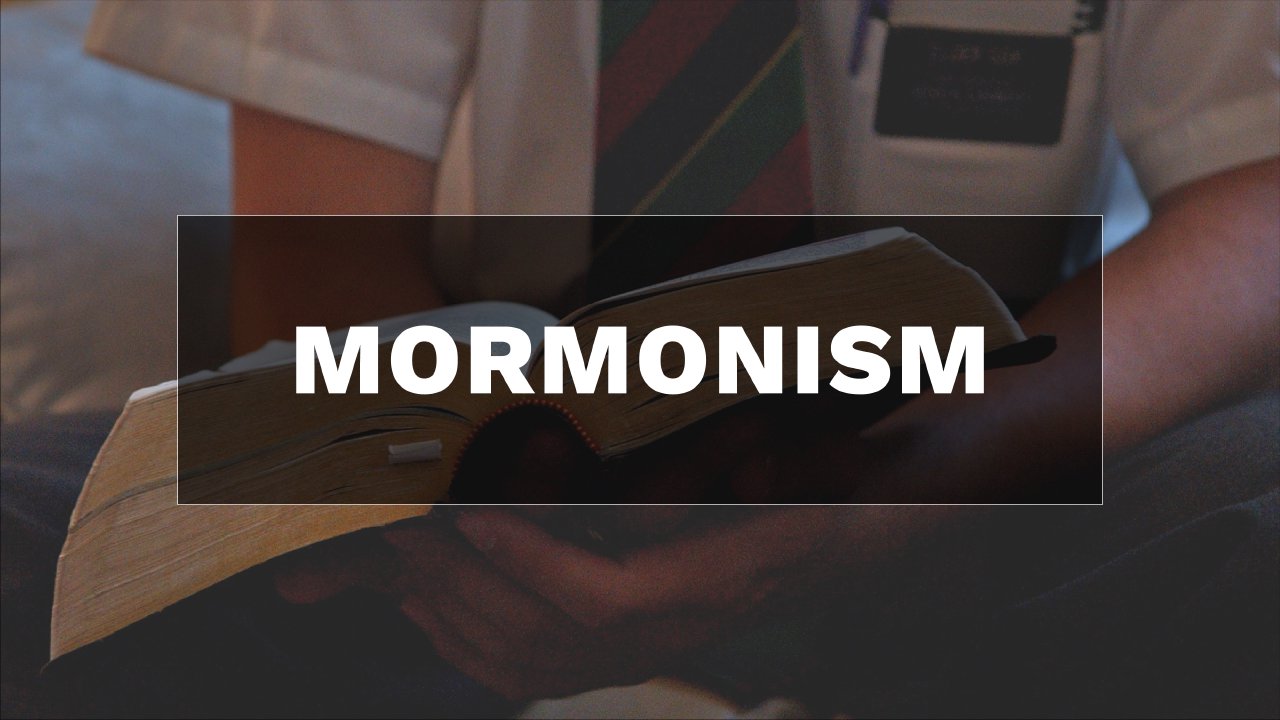“Brett, can I share something with you?”
Frustrated with her own inability to respond to the discrepancies I presented between Mormonism and Christianity, one of the women opted for a different approach. Instead of dealing with my challenges, she asked, “Can I share something with you?”
“Yes, please do,” I responded, even though I knew what she’d say.
“I have read the Book of Mormon from cover-to-cover. I testify to you that I know the Book of Mormon is true. I know that Joseph Smith was a true prophet of God. And I know the Church of Jesus Christ of Latter-day Saints is true.” Tears streaming down her cheeks, she awaited my reaction to her “testimony.”
MORMON EPISTEMOLOGY
Nothing is more central to the defense of Mormon scripture, Mormon doctrine, and the existence of the Mormon Church than a personal testimony. Also referred to as a “burning in the bosom” or “spiritual witness,” the Mormon testimony amounts to positive spiritual feelings about the LDS religion. At the end of the day, this personal, private, subjective experience is crucial to Mormon confidence, so you must be prepared to deal with it.
We all have beliefs we take to be true. But how do we know they’re true? Good reasons give us proper justification. By contrast, good reasons are reliable indicators of truth, moving us from mere true belief to bona fide knowledge.
In Mormon epistemology, good reasons are replaced with feelings in the form of a personal testimony. They’ve prayed about these matters and received positive feelings.
This justification claimed by Mormons is usually the only rationale they can provide. Reason and logic are often deliberately cast aside, an approach actually encouraged by the LDS Church. Their website, www.mormon.org, features videos of Mormons telling their stories.
In one video featured on the site, a girl shares that for the “biggest decision” of her life, she threw careful thinking out the door. Emotions become the arbiter of truth.
Not only does the LDS Church endorse this approach, LDS scripture prescribes it. In the Book of Mormon, Moroni 10:4-5 instructs:
"And when ye shall receive these things, I would exhort you that ye would ask God, the Eternal Father, in the name of Christ, if these things are not true. And if ye shall ask with a sincere heart, with real intent, having faith in Christ, he will manifest the truth of it unto you, by the power of the Holy Ghost. And by the power of the Holy Ghost ye may know the truth of all things."
This appeal is irrational and unbiblical. And several responses will help expose this defective Mormon epistemology.

Mormon Testimony
Brett Kunkle
More from
Mormonism



